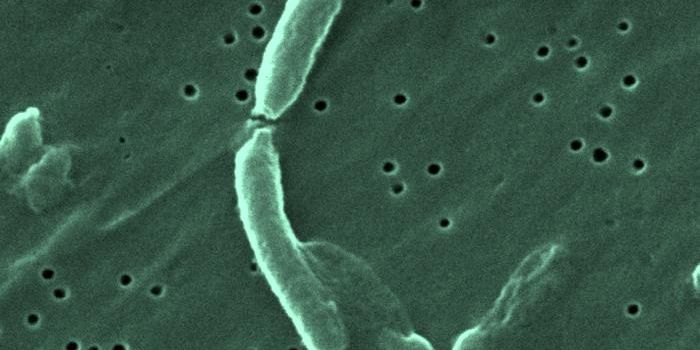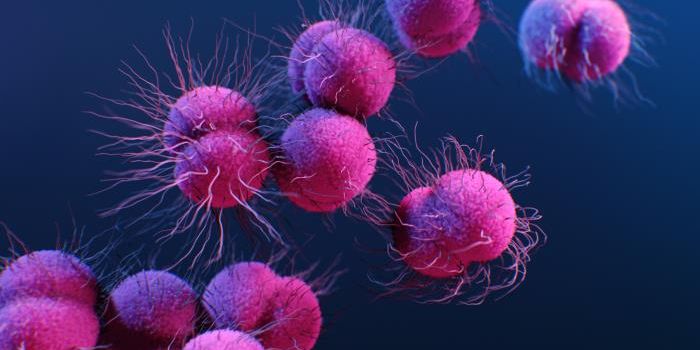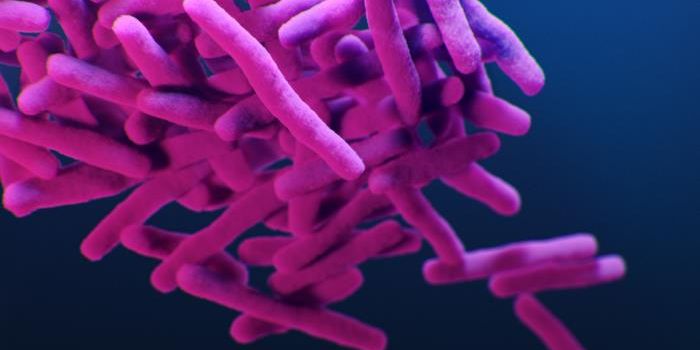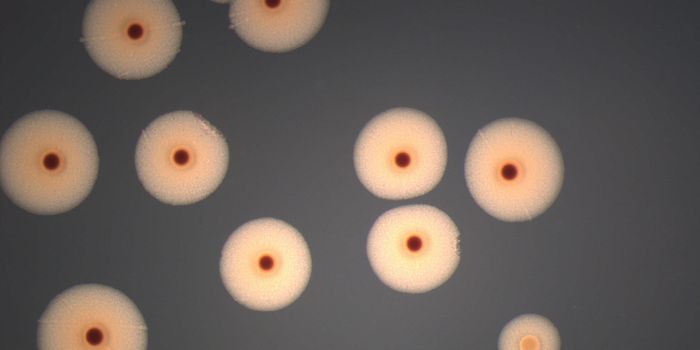Breastfeeding Shapes the Infant Microbiome & Affects Asthma Risk
In recent decades, scientists have revealed the importance of the human microbiome - the vast community of microbes that live in and on us. These microbes often perform essential functions and can influence the human body in many different ways that are still being understood. The microbiome is also established at (or possibly, before) birth. Scientists have been trying to learn more about how microbes in human breast milk can affect the health of children. A new study has shown that the microbes in breast milk influence a child's risk of developing asthma. The findings have been reported in Cell.
In this study, researchers determined that when infants are breastfed beyond three months of age, the microbiome in their nasal cavity and digestive system develop and mature. But infants that are breastfed for the first three months of life or fewer seem to have microbiomes that are disrupted; these children also go on to have an increased risk of preschool asthma compared to children breasted for longer periods.
The human microbiome can help us digest food and absorb nutrients. There are sugars in breast milk that can only be digested with the help of specific microbes, as well. These microbes are able to proliferate more when they are provided with these sugars, and they outcompete other microbes.
Infants that are weaned from breast milk before three months of age and begin to consume formula at that time were found to harbor a different kind of microbiome compared to infants who are breastfed for longer. The researchers noted that many of the microbes that are found in formula-fed babies are also eventually found in all babies; these formula-associated microbes show up earlier and were associated with increased asthma risk when they did so.
“Healthy microbiome development is not only about having the right microbes. They also need to arrive in the right order at the right time,” said Liat Shenhav, PhD, an assistant professor at NYU Grossman School of Medicine, among other appointments.
One bacterium in particular called Ruminococcus gnavus was also found much earlier in children were only fed breastmilk. This microbe is known to generate short-chain fatty acids, which have been linked to better health outcomes. The bacterium also helps break the amino acid tryptophan down, generating metabolites that have been connected to the control of the immune system and asthma risk.
The infant microbiome does not only aid in digestion, noted the study authors, it also helps the immune system to develop.
“With further research, our findings could also contribute to developing strategies to prevent asthma in children who cannot be breastfed for at least three months,” Shenhav added.
Sources: NYU Langone Health, Cell









